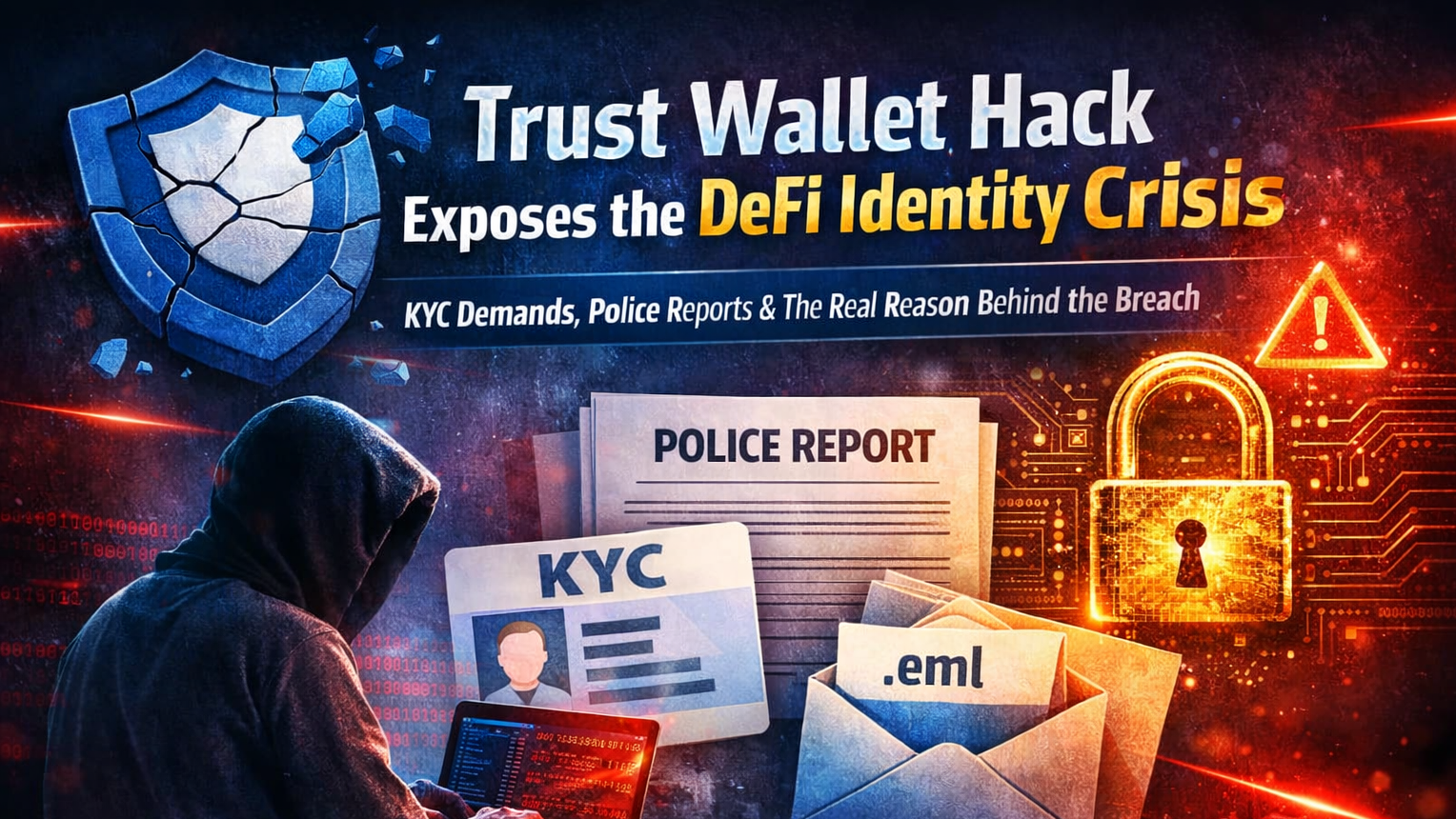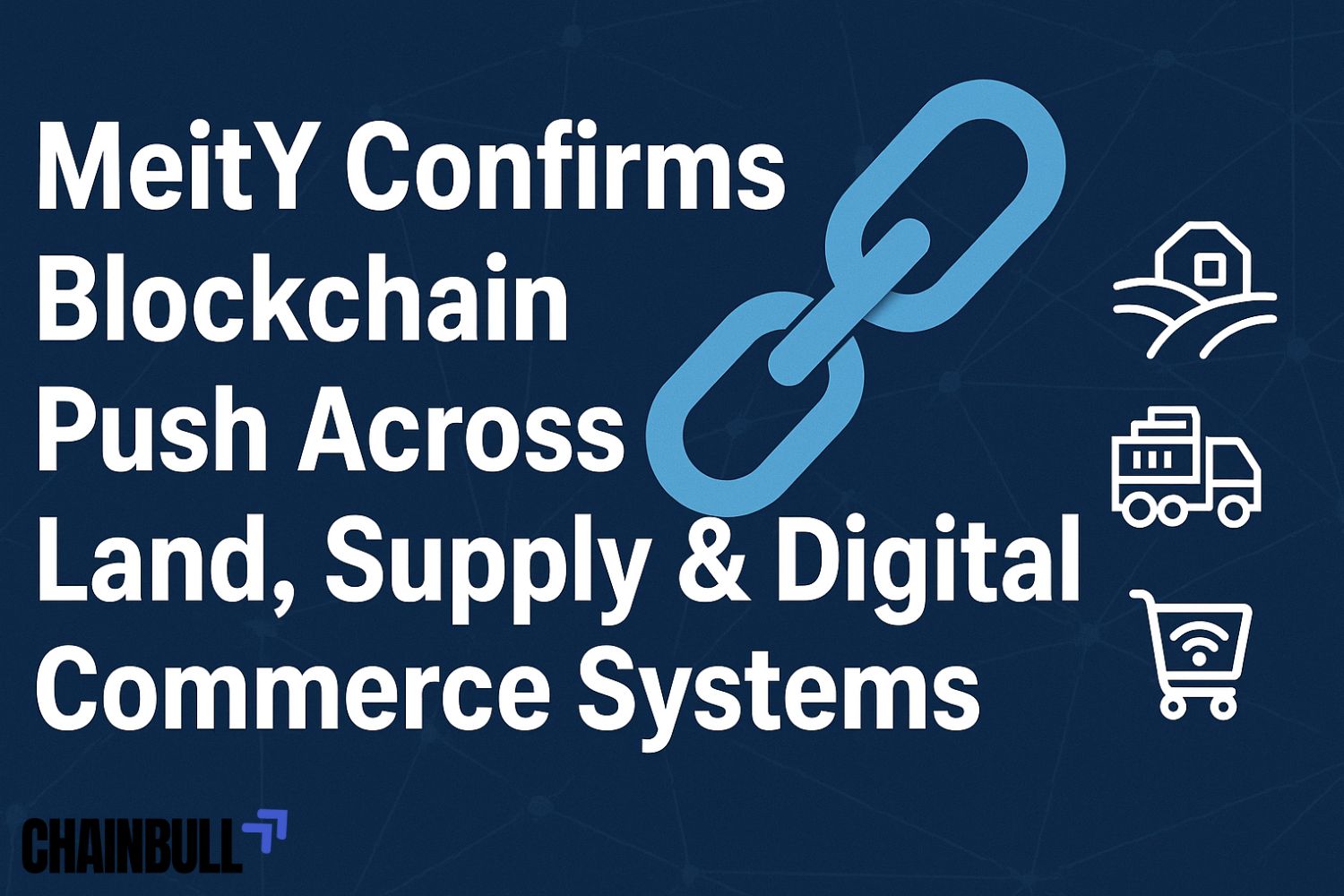

The Indian government is set to mainstream blockchain technology among its most important governance and economic areas, such as land records, supply chains, and digital commerce, the Ministry of Electronics and Information Technology (MeitY) affirmed on Wednesday. Officials bill the move as a pillar of tamper-proof governance. It enhances transparency, reduces fraud, and enhances confidence among citizens in government systems.
One of the most ambitious applications will be the digitization of land records using blockchain. In India, land ownership disputes are among the most common sources of litigation. It emerges from deceitful transfers, multiple claims, or missing documentation.
The government hopes to set up an inflexible, verifiable register of property ownership to which citizens, courts, and government agencies will have access by moving records to blockchain. According to officials, the system prevents fraud but also abolishes bureaucratic delays and streamlines property transaction efficiency.
Pilot projects already implemented in states such as Andhra Pradesh, Maharashtra, and Karnataka have proved successful. It also records a notable reduction in record tampering and speedy settlement of property disputes.
Blockchains are going to be introduced to supply chains. It is crucial to public health and commerce, such as agriculture, foodstuffs distribution, and pharmaceuticals.
Another key focus is on digital commerce, with blockchain to be incorporated to promote transaction clarity, protect customer data, and limit fraud.
India’s e-commerce market could reach $350 billion by 2030. There are also challenges surrounding counterfeit listings, payment forgery, and a lack of transparency. Blockchain-based digital marketplaces could provide immutable histories of transactions, increased assurance to consumers, and simplicity of compliance to businesses.
In an official release, MeitY emphasized blockchain as a “pillar of trust in digital ecosystems.”
“Blockchain isn’t a technology but an enabler of trust. Its adoption across land records, supply chains, and commerce will result in tamper-proof governance and provide transformative efficiency,” said the ministry.
India has been experimenting with blockchain for government since 2017, when Indian states began running pilot projects for land registries and vehicle tracking. MeitY released in 2021 its National Strategy on Blockchain, which also identified more than 40 use cases in sectors including finance, education, agriculture, and health.
Whereas euphoria exists regarding large-scale adoption of blockchain, caution about needing massive infrastructure revamps, sensitizing government officials, and multi-state and multi-ministerial interoperability attends its large-scale adoption. Its legislative frameworks for blockchain-based evidence protection and data protection will also need to be strengthened.
By committing to blockchain adoption, the Indian Government is sending a signal about its intentions to develop a transparent, corruption-free, and digitally enabled model of governance. Successful implementation of the initiative could change the way land ownership, commerce, and supply chains function, yielding gains not only to its citizens but to companies and to its international trade partners.
Everyone is awaiting the announced pilot experiments and roadmap by MeitY this year as India takes a massive leap towards tamper-proof governance for the digital age.
Read the latest crypto news on Chainbull today!
Enter your email → Get instant download.
